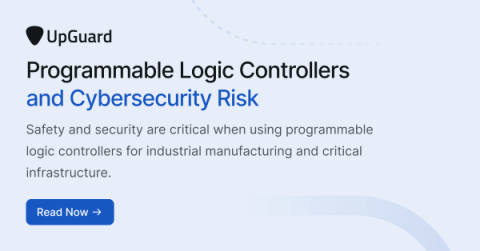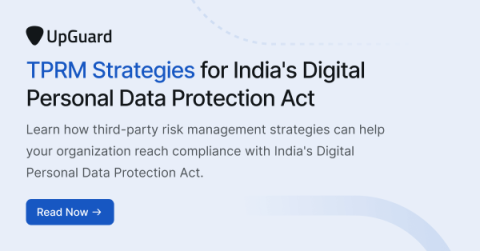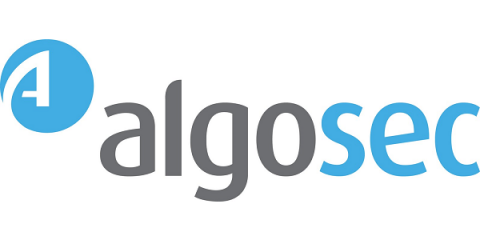Hunting PrivateLoader: The malware behind InstallsKey PPI service
Since July 2022, Bitsight has been tracking PrivateLoader, the widespread malware downloader behind the Russian Pay-Per-Install (PPI) service called InstallsKey. At the time, this malware was powering the now decommissioned ruzki PPI service. Figure 1 presents a brief description of the service, which was found in their sales telegram channel. Fig. 1 - Service description on telegram channel profile (Russian and English).









